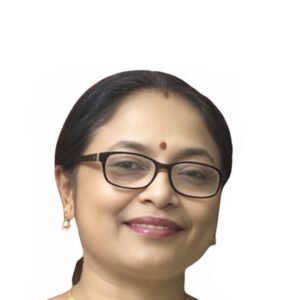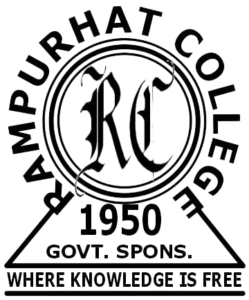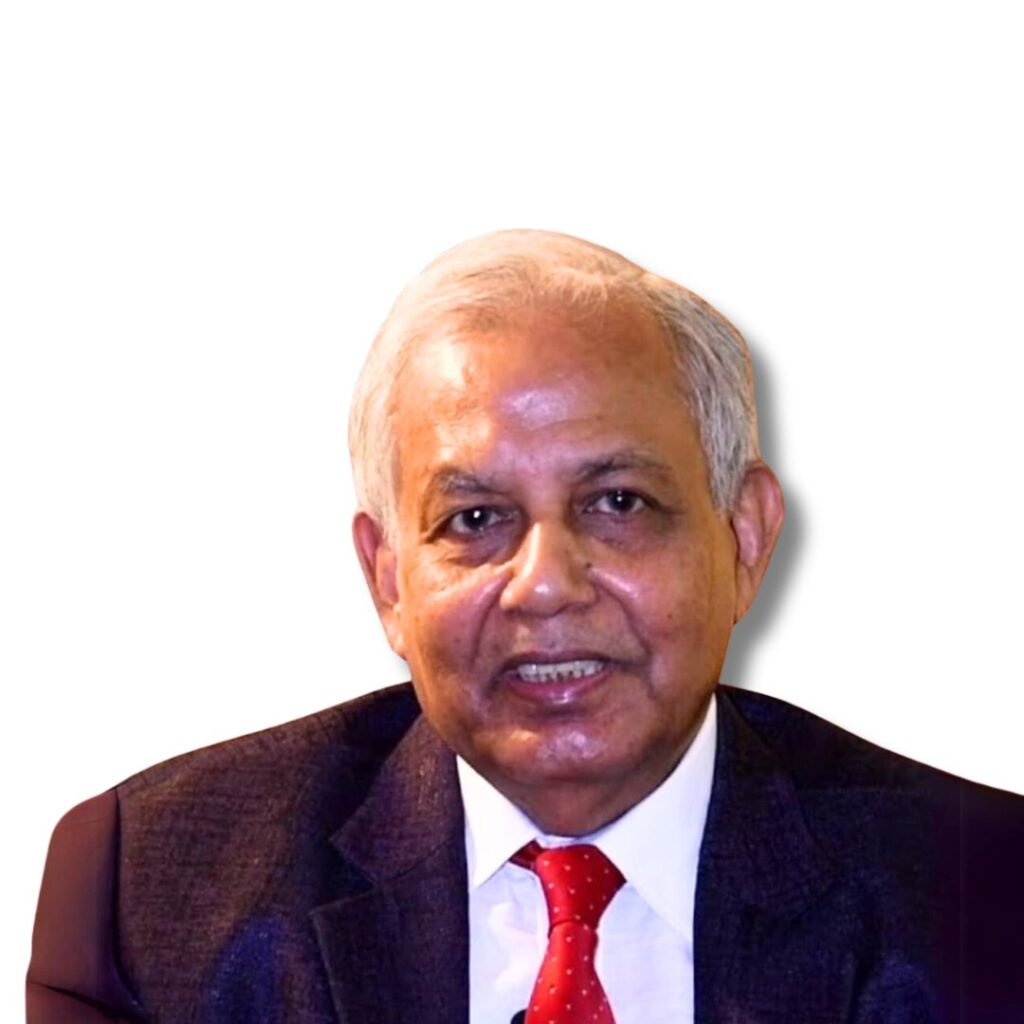
Prof. (Dr.) Barnali Gogoi : IAGR Conference 2024
Prof. (Dr.) Barnali Gogoi, currently a Professor in the Department of Geography and Dean, Faculty of Earth Sciences, Cotton University, Guwahati has been associated with Cotton College (Upgraded to University in 2017) since 1994. She received her M.A. and PhD degrees from Gauhati University.
Prof. Gogoi has served in administrative roles of Head of the Department of Geography (2018-2020) and Head of the Department of Sociology, Cotton University for a brief period.
Having a teaching experience of thirty years she has also been engaged in research for twenty-three years. Her research interest includes- social geography, fluvial geomorphology, urban geography and indigenous knowledge. She currently supervises 7 Ph D scholars and under her supervision 3 students have received Ph D degree. She has presented several research papers in national and international conferences held in different places including Japan and France. She has published more than fifteen research papers in various international and national journals. She has also authored research based chapters in books published by reputed publishers including Springer and CRC press. She also has to her credit one research-based book and one edited book. She has completed two research projects and is a member of five national and regional professional bodies like The Geographical Society of India, NAGI, IIG etc.
Title of Talk:
Disaster Risk Reduction: Theory and Praxis
Abstract
Global statistics indicates that human death and economic loss due to disaster is significant. Data and observations further reveals that risk faced by people is affected by their socio-economic characteristics. Thus there developed a sociological approach to disaster analysis, an approach that emphasises the processes structuring our societies and communities with a consequence of the development of several theoretical models like ‘crunch model’, ‘pressure model’ and eventually the ‘pressure and release’ (PAR) model. The concepts of these models are reflected in the Sendai Framework and the signatory countries are incorporating these concepts in their disaster risk reduction approach. Individual researchers have contextualised these models to evaluate specific disaster risks by identifying specific root causes and dynamic pressures; for instance in the study of forest fire in South Africa. This study is an attempt to trace the development of existing and emerging theories and application of those for disaster risk reduction. It further attempts to explore the challenges of addressing underlying risk factors in policies and programmes of disaster risk reduction.
Keywords: Disaster Risk, Crunch Model, PAR model, Sendai Framework



